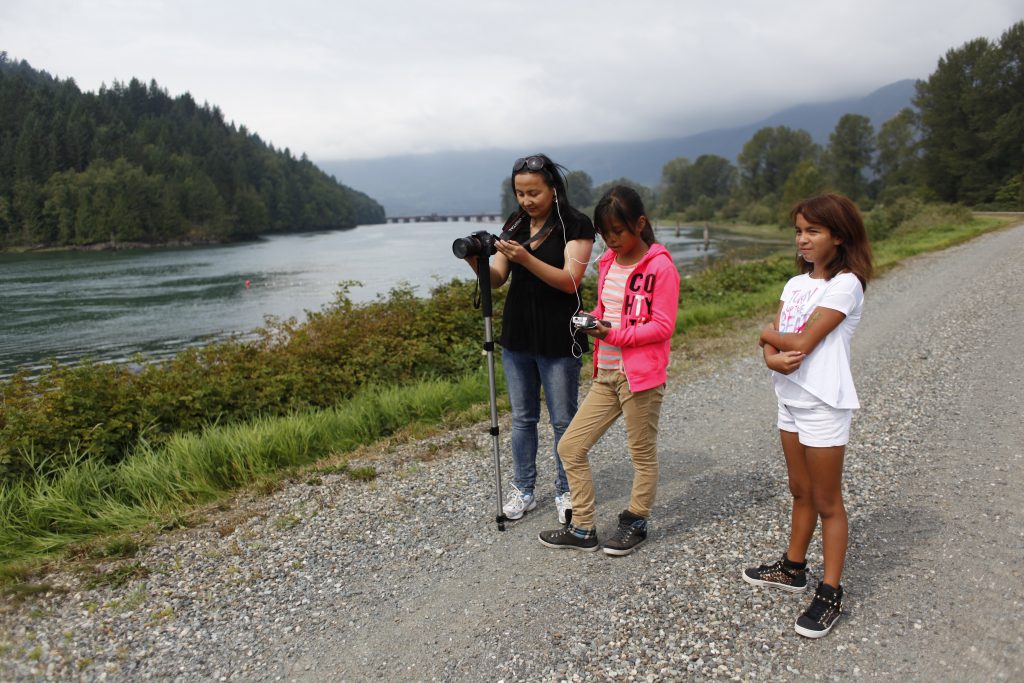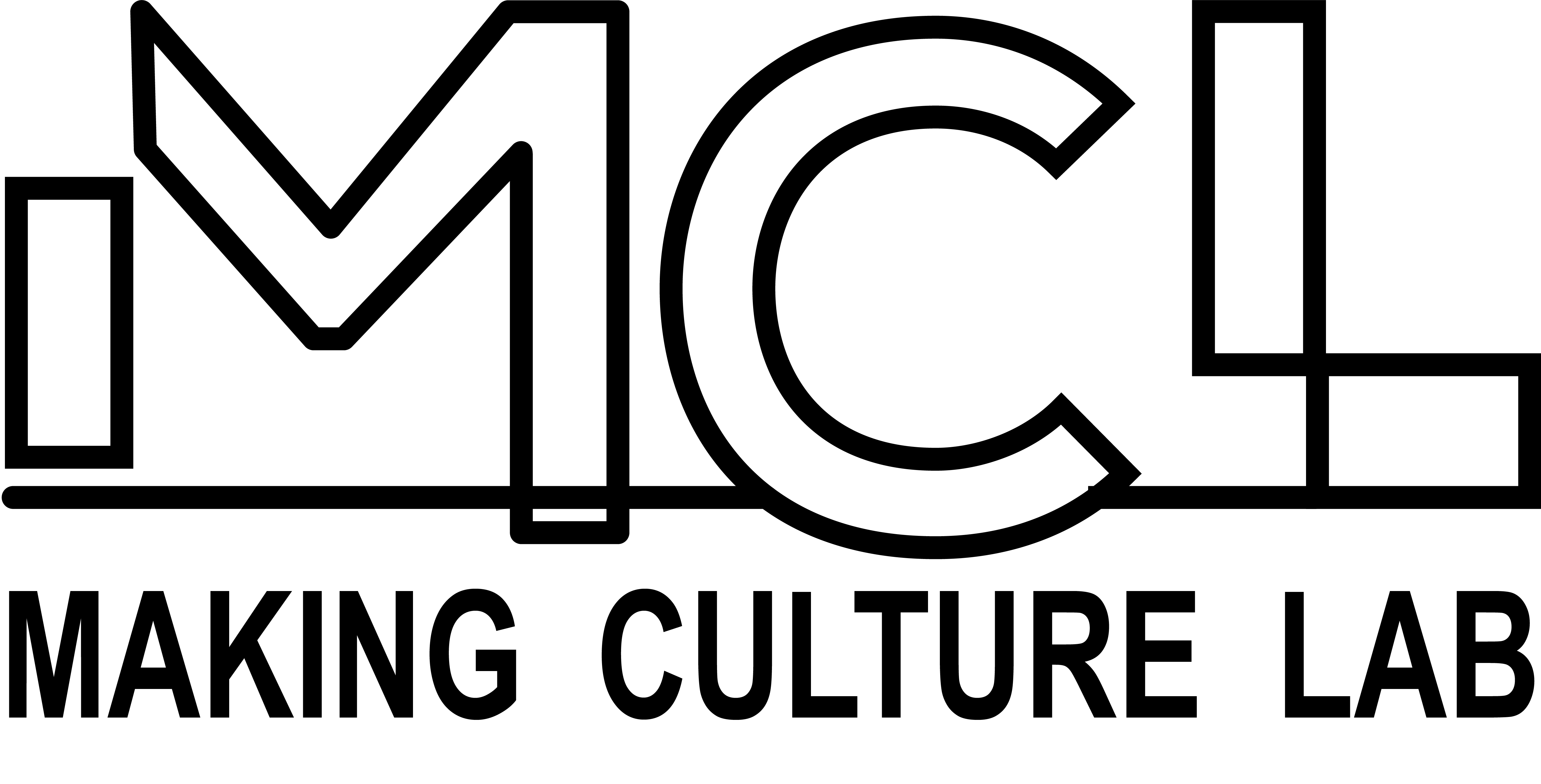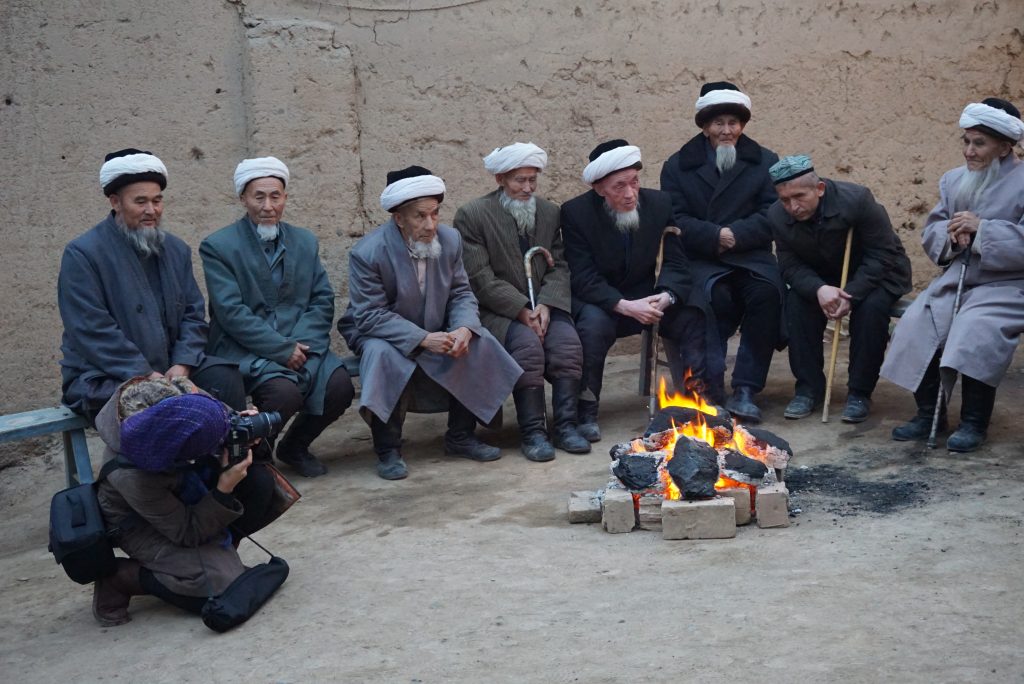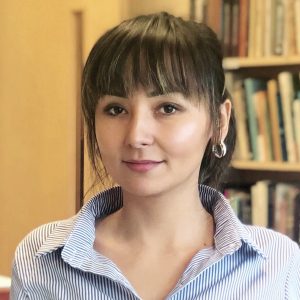Dr. Aynur Kadir completed her PhD in Spring 2019; in the summer of 2019 she began a tenure track position as Assistant Professor in Communication Arts at the University of Waterloo. In 2021 she joined the University of British Columbia as Assistant Professor of Indigenous Lifeways of Asia, Department of Asian Studies.
Dr. Aynur Kadir’s research focuses on practices and theories of design and the study of interactive multimedia in the humanities, ethnographic practices, and museum curation. She works with local communities in northwest China, in the Pacific Northwest, and in the Six Nation Territories to develop digital media that documents, manages, safeguards, and represents Indigenous cultural heritage. She is exploring how different new media such as interactive documentaries, virtual museums, digital archive databases, interactive museum guides, video games and artificial intelligence systems can be designed using collaborative participatory methodologies in order to preserve and revitalize cultural heritage and heal collective trauma.
Dr. Kadir’s research interests and applied and pedagogical practice centre around larger academic objectives: producing greater multimedia for social justice and decolonizing digital technologies. In her interdisciplinary research program, teaching methodology, and creative work, she highlights community-based methodologies in curatorial and interactive design practice and use of technology. The ultimate goal of her research is to conceptualize the poetics and politics of interactive media in the representation of traditional knowledge, memory and cultural heritage, and contribute to the ethical use of new media through collaboration. Dr. Kadir previous collaborative research includes the Sq’éwlets: A Stó:lo-Coast Salish community in the Fraser River Valley project, AI-generated Anonymity project, Ethnographic Terminalia multi-media and multi-sited exhibitions, and The Intellectual Property Issues in Cultural Heritage Project .
In future projects she plans to collaborate with computer scientists on AI-generated anonymization and reactivate archives using AI, gamification in museum and public spaces, as well as exploring the ethical social impact of AI in surveillance and digital authoritarianism.
___________
I grew up in a traditional Uyghur society close to the Taklamakan desert, which is vital part of the Silk Road, the overland trade route that connected China with Europe through Central Asia. I am always fascinated by the diverse culture of Xinjiang Uyghur Autonomous Region’s various ethnic groups, especially their oral literature and history. Since I got involved in visual anthropology beginning in 2004, I have participated in dozens of documentary projects, a few digital archive projects, and established strong research relationships with community elders, folk artists and the Xinjiang Folklore Research Center. My research is based on a large amount of first-hand multi-sited ethnographic fieldwork data, in which I have traveled all around Xinjiang, spending significant amounts of time at Hotan and Tashkurgan. I have visited and photographed many pilgrimage shrines; I have filmed related rituals and oral traditions along with extensive fieldwork notes.

Aynur Kadir participatory filming “place names tour” with Sq’éwlets youth at Qithyil site, 2014. Photo by Reese Muntean.
See my curatorial and multimedia portfolio page from here:



